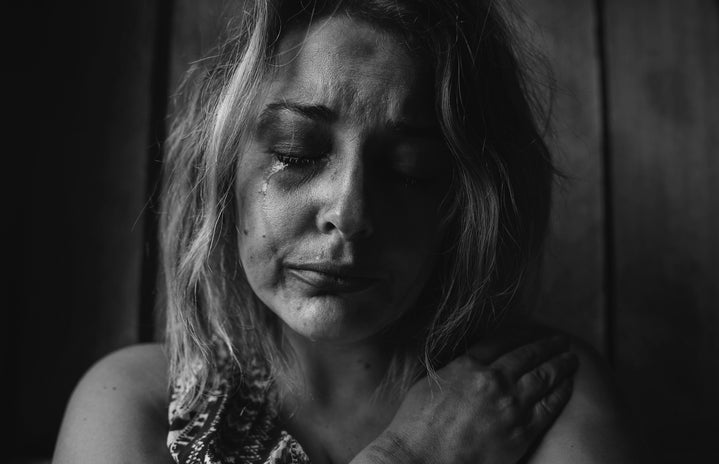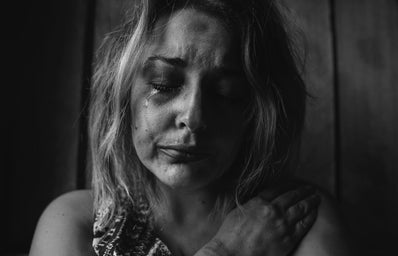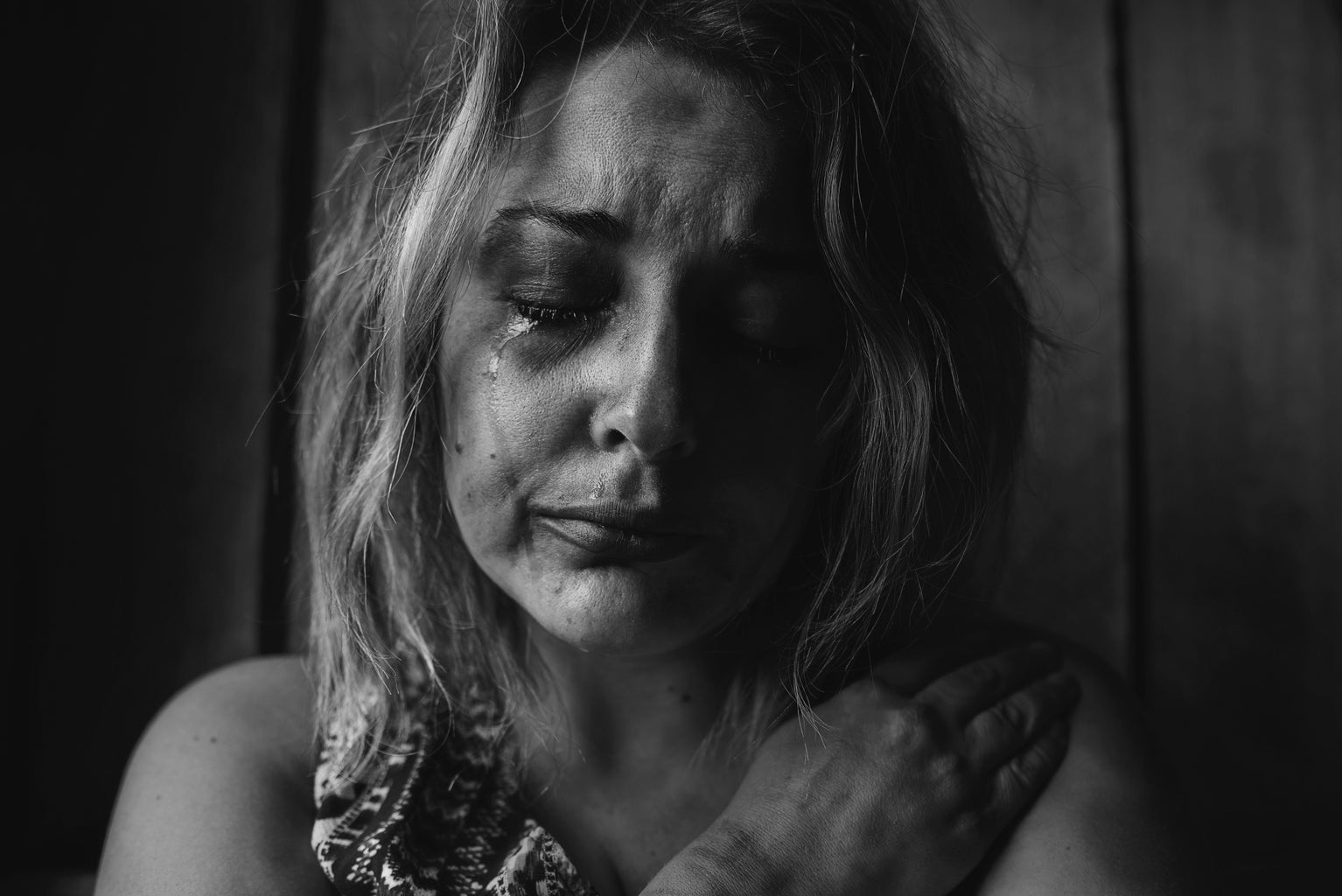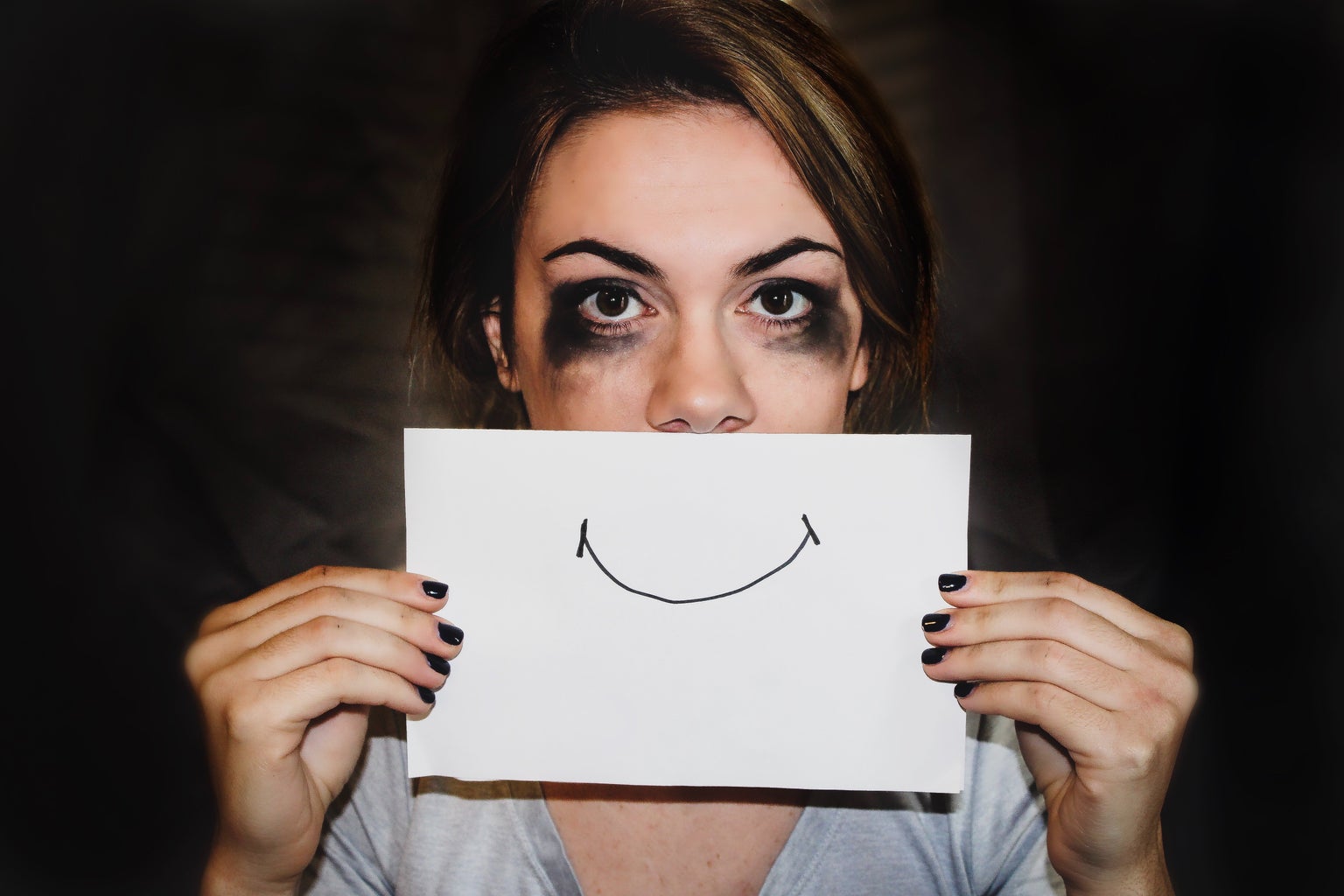For a long time female characters were, well… boring. When women appeared in stories, they were one of three characters: the love interest, the victim, or the villain. If they were the first two, they all had to follow the same set of rules. They had to be innocent, they had to want exactly what the male characters wanted, and they absolutely HAD to be pretty. If they didn’t follow these rules to a T, then they were the cruel villain that would be punished at the end.

However, in the last few decades, feminism has led to the creation of a brand new type of female character: the badass. This trope, represented by characters like Lara Croft, the Matrix’s Trinity, and Kill Bill’s The Bride, were defined by her strong, no-nonsense personality. But she was still as perfect and composed as the tropes before her. Instead of being a complex depiction of womanhood, they were 80s action heroes in the bodies of attractive actresses.
Every woman knows we’re nowhere near perfect, and with more women entering writers’ rooms and sitting behind the camera, they were finally able to write characters that felt real. For the first time, shows had complex female characters that were allowed to have flaws and not be demonized because of it. Characters like Carrie Bradshaw and Bridget Jones allowed women to see messier versions of themselves not only as the protagonists of their own stories, but also as beloved characters.
More recent stories have even celebrated women who’ve accepted their more chaotic side. “Fleabag” showed how its unnamed messy protagonist is far more interesting than every other character around her, even her more attractive, successful, and married older sister. Meanwhile “Gone Girl”’s Amy’s speech of the way women are expected to conform to her man’s interests was so relatable that many women cheered as she lied, stole, and murdered her way into a higher position of power inside her relationship.
Overall, we love messy female characters because they let us express our less-than-perfect sides and relate to even messier versions of ourselves. At the end of day, they reassure women that no matter how complicated their lives are, they’d still make very entertaining TV shows.




